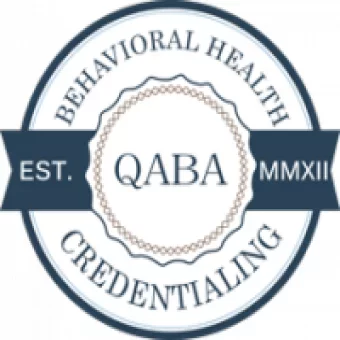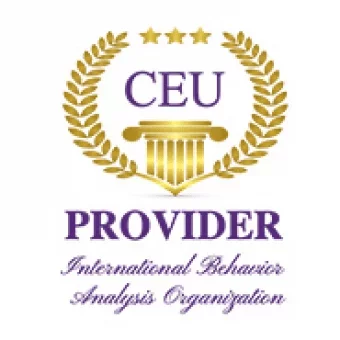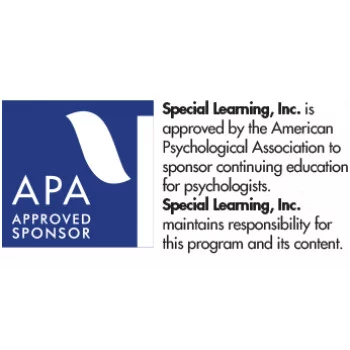
CEU: Psychopharmacology - Module 3: PsyPharm & Autism
Podrías ser la primera persona en dar tu opinión.
Compre ahora y proporcione su opinión sobre este producto y reciba un crédito de 25 $ en la tienda!
BCBA CEUs: 2- BACB General
QABA CEUs: 2- General
IBAO CEUs: 2- General
APA/CESA: 2 General (Home Study)
Description: This diagnosis can impact a child’s ability to learn, and develop friendships and healthy family relationships, and is associated with increased anxiety, obsessive and compulsive thoughts and behaviors, and common concurrent diagnoses of Attention Deficit Disorders, mood disorders, and behavioral problems. Research has uncovered effective treatment strategies, including behavioral, environmental, educational, parental, and psychopharmacological approaches. In our webinar, Psychopharmacology, and ASD, we focused on evidence-based assessment, diagnosis, and treatment of ASD, emphasizing behavioral, environmental, educational, parental, and psychopharmacological strategies. Research has shown year after year that the combination of strategies using a team approach has been the most effective in reaching positive treatment outcomes. We also discussed and dispel myths surrounding ASD and discuss the negative outcomes if a child is left untreated. We also explore how ASD is often diagnosed along with other disorders, including learning disabilities and developmental delays, social anxiety, generalized anxiety, mood disorders, ADHD, Obsessive-Compulsive disorders, intermittent explosive outbursts, and depression.
Presenter: Ronald T. Brown, Ph.D., ABPP, and Deborah P. Coehlo, Ph.D., C-PNP, PMHS, CFLE
Panelist: Manya Ralkowski, EdS, BCBA, LBA, IBA
Learning Objectives:
1. Recognize specific target behaviors associated with the diagnosis of ASD.
2. Explore and discuss the most effective and evidence-based behavior strategies that are seen throughout various developmental stages of treatment for ASD.
3. Evaluate environmental factors that may interfere with positive function in a child with ASD.
4. Discuss the importance of a team approach to the care of a child with ASD across different developmental stages.
5. Identify classes of psychotropic agents that have demonstrated effectiveness in the treatment of ASD.
6. Discuss common medications used in the treatment of ASD, including the indication, mechanism of action, adverse and side effects, and monitoring criteria.
7. Apply knowledge to specific case studies including assessment, diagnosis, treatment, and evaluation of outcomes.
8. Identify skills required to approach parents about the potential benefits of psychotropic medication for their children.
9. Analyze ethical issues arising during the treatment of a child with ASD and their families.
TIMELINE: This course, on its own has a license for active use for 30 days unless it is purchased as part of a bundle/library.
MANDATORY DISCLAIMER: The Behavior Analyst Certification Board (“BACB”) does not sponsor, approve, or endorse Special Learning, the materials, information, or sessions identified herein.
NOTE: CEs claimed on any training completed can only be claimed once. If you repeat training you’ve already claimed CEs on, you won’t be able to claim the CEs again. Please ensure you have not already completed and claimed the CEs for the training module before purchase. Want to customize your training? You can build your own CE library HERE. For cancellations and refunds, please see our return policy.




Aún no hay opiniones!
Para añadir una opinión sobre este producto es necesario adquirir el producto actual y estar autorizado.


